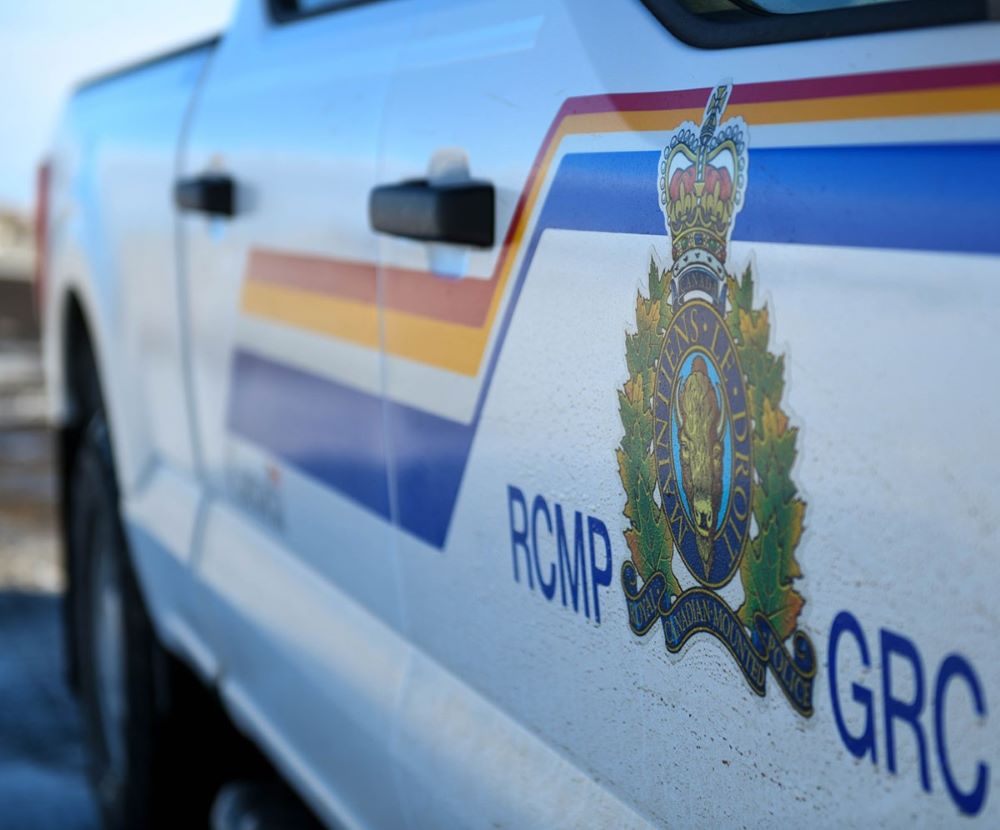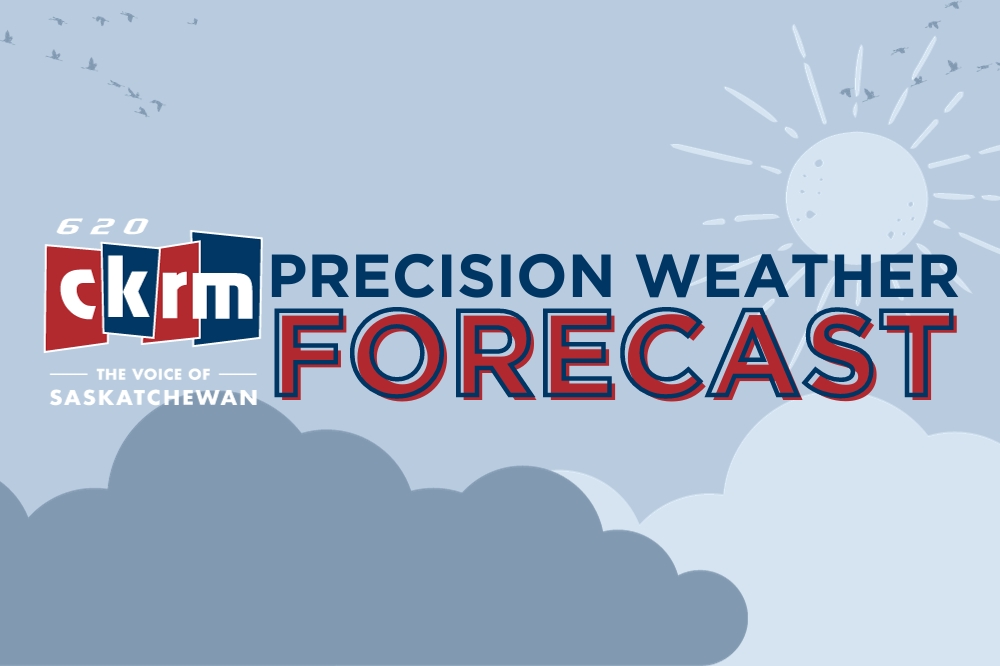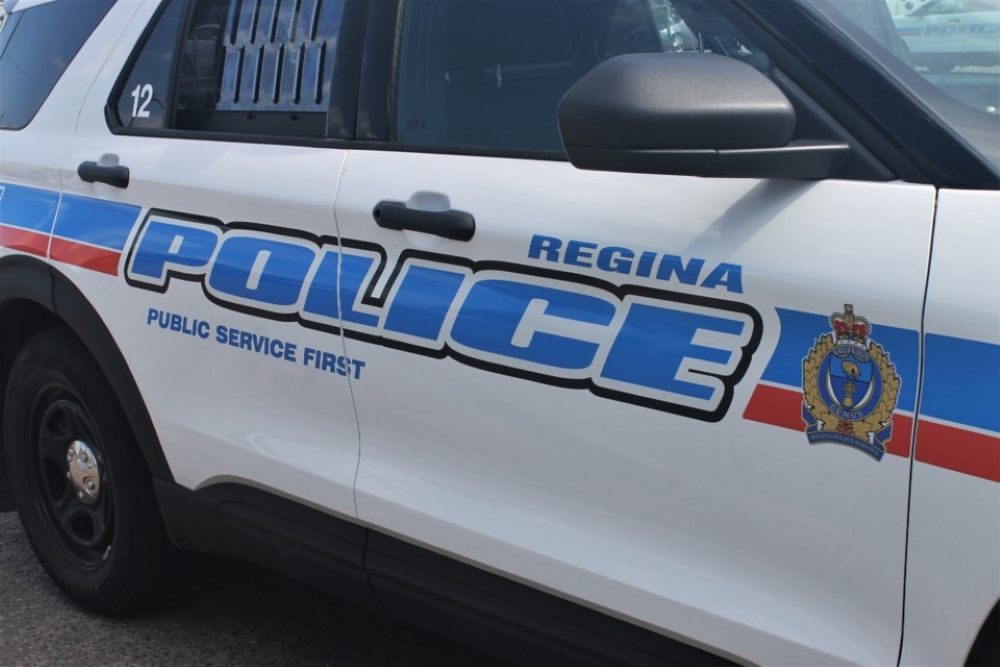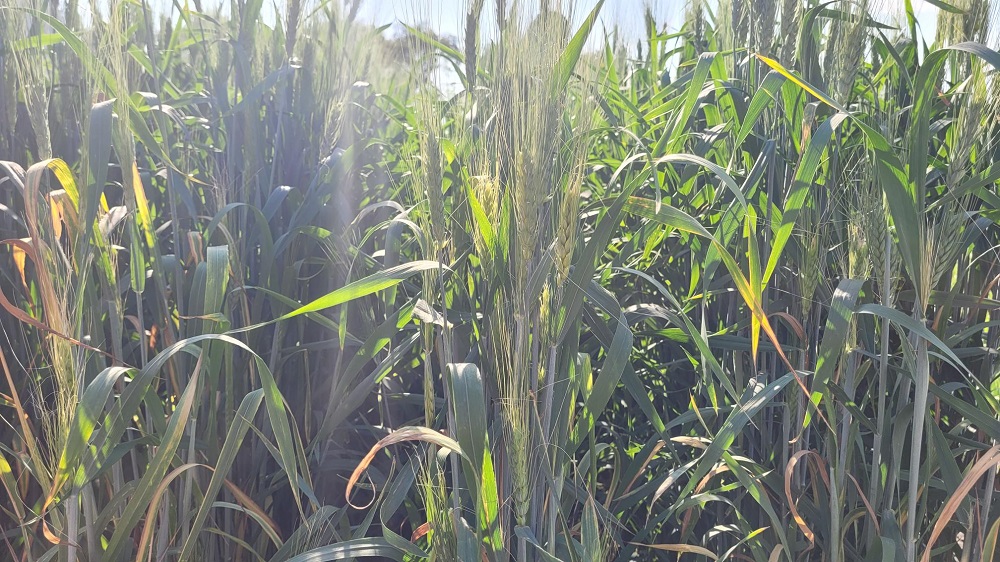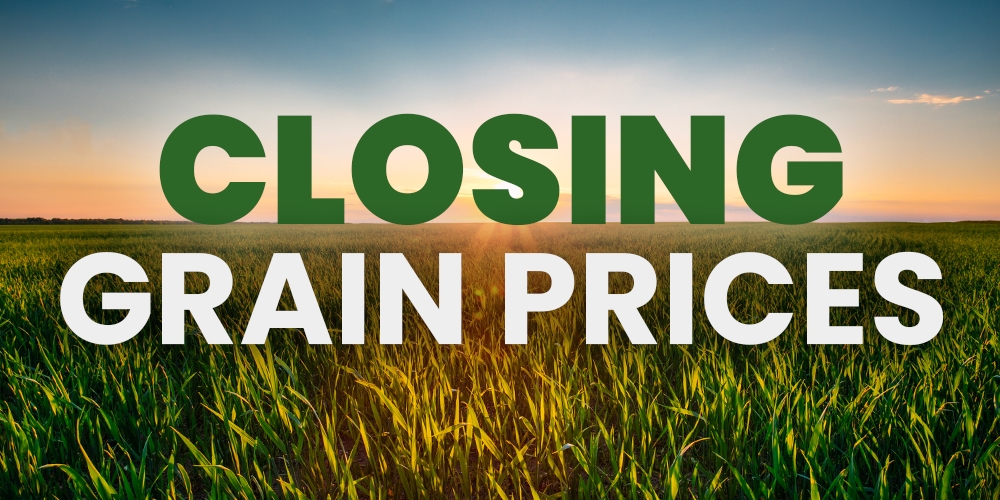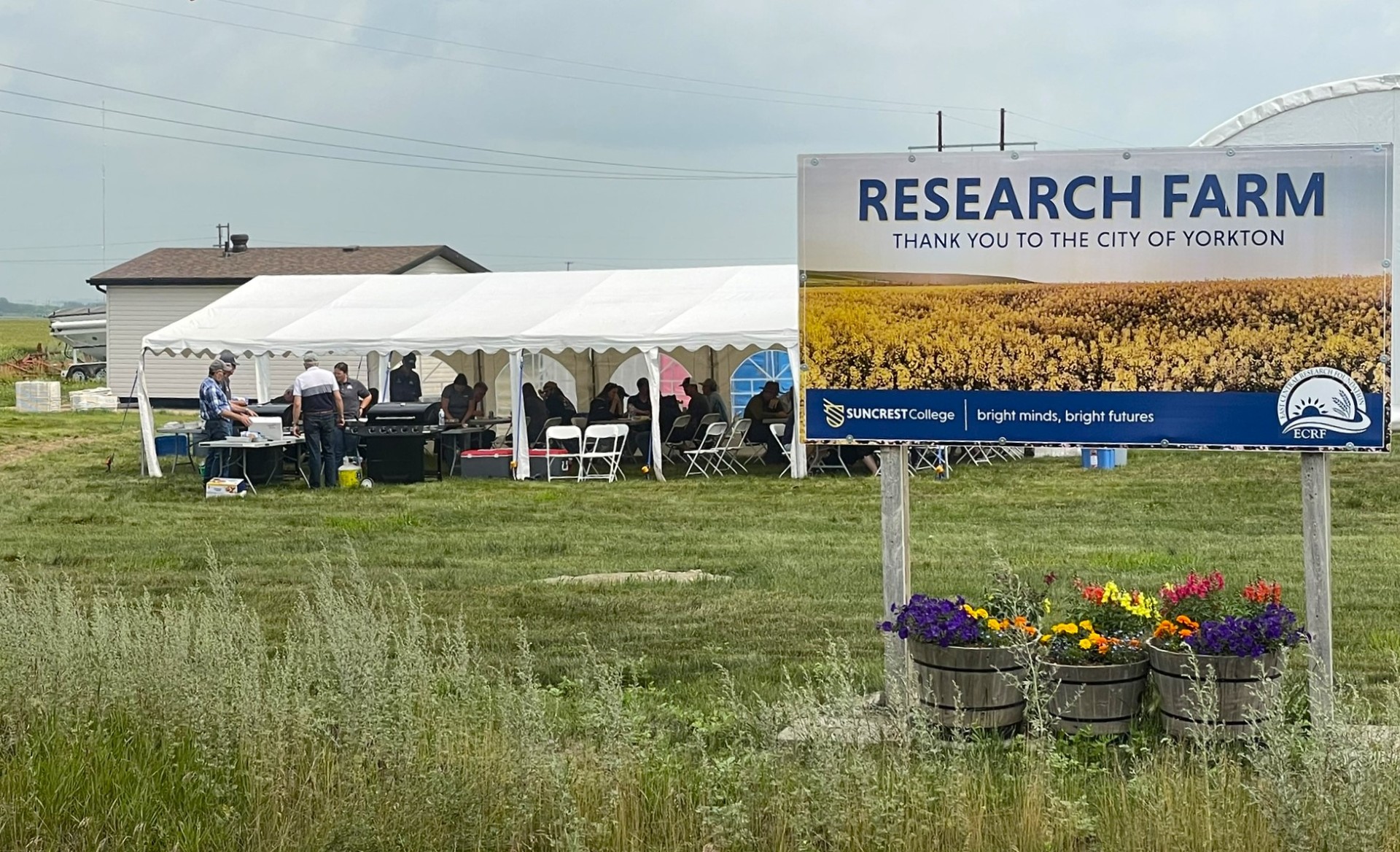The Saskatchewan Environmental Society (SES) is calling the Saskatchewan First Act’ bad news’ for the environment, the economy, and Saskatchewan’s energy future.
SES said the legislation poses serious legal, environmental, ethical, and economic ramifications.
Their most immediate concern is the Saskatchewan First Act section that regulates greenhouse gas (GHG) emissions in Saskatchewan’s oil & gas, forestry, electricity generation, and non-renewable natural resource sectors would now fall under the exclusive jurisdiction of the Government of Saskatchewan.
They fear that the Saskatchewan government could use the bill to try to block the implementation of federal government initiatives to reduce GHG pollution.
SES said that while the government claims that enacting The Saskatchewan First Act will benefit the province’s economy, they believe that it will be used to undermine investor confidence in Saskatchewan, leading to uncertainty regarding the future of GHG emission reduction policies in the province.
Peter Prebble, an SES board member, said that by pursuing the Sask. First Act, the government is ignoring warnings about the urgency of climate change.
“The Saskatchewan government is ignoring the warnings of the UN Secretary-General and the scientific community on the urgency of reducing GHG emissions,” he said. “It is also ignoring previous rulings by the Supreme Court of Canada on the right of the Government of Canada to regulate GHG pollution at source.”
“The negative impacts of Saskatchewan’s GHGG emissions primarily affect people and ecosystems far beyond the reach of our provincial borders and pose irreversible hazards to future generations. That is why regulating them cannot be left to Saskatchewan’s government alone,” he continued. “The Government of Canada’s involvement is essential.”
At an information session at the Saskatchewan Chamber of Commerce on Wednesday, Minister of Justice and Attorney General of Saskatchewan Bronwyn Eyre said that she believes the province is already doing its part regarding reducing emissions.




